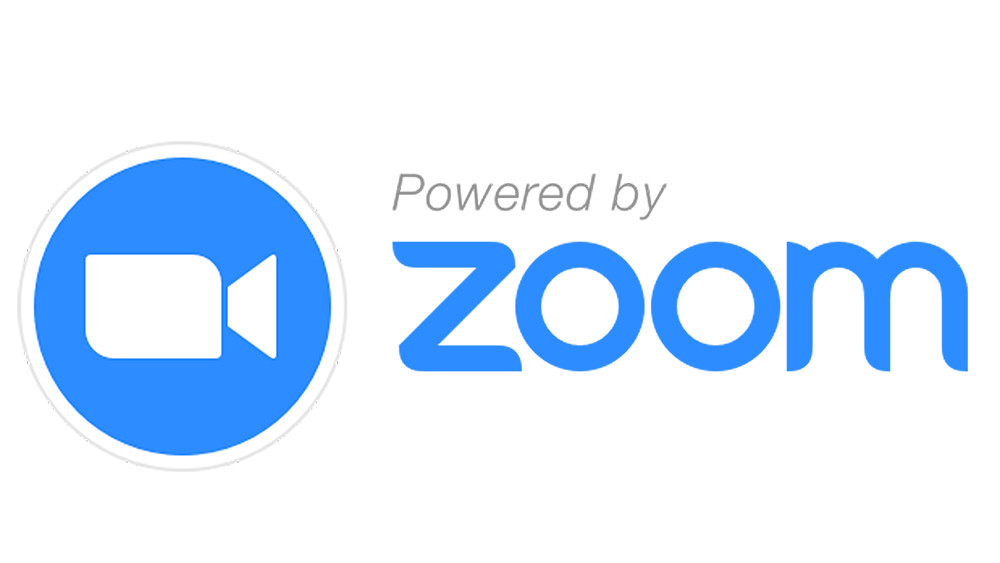It may not seem extraordinary, interesting, or unique; it may even be a harsh reminder of the two years that communities were stuck at home. However, the most fascinating aspect of digital media that I have found on the internet is Zoom – a tool that helps to shape, develop, and deepen social relationships.
At the beginning of the pandemic in 2020, I had expected to get a week or two off before quickly jumping back into school work and campus classes – even consoling my younger sister and promising her that we would be at school in no time. However, those two weeks turned into two years of never-ending and boundless days.
Hundreds of restrictions were placed by the government to take care of our health, and online classes became one of our few social interactions as we were meant to stay home and away from our communities. Nonetheless, before the pandemic, FaceTime and WhatsApp calling were not possible to utilize where I was living. Therefore, Zoom was my important introduction to a video calling application, one that helped me celebrate with family, interact with friends, and finish my high school degree.

Jason Johnston, Powered by Zoom Larger Jpg, image, Flickr, December 21, 2016, https://www.flickr.com/photos/150479708@N08/31668530641.
What fascinated me about this new Digital Media was the dominating characteristic of deepening my relationships with family and friends all over the world. As Jay M. Marlowe and et al. reveal in their article Digital Belongings: The Intersections of social cohesion, connectivity, and social media, digital media helps to mediate “… familial and friendship networks, offering new opportunities for community engagement and influencing a sense of belonging within increasingly diverse societies”.1 Marlowe reveals that social media and other online programs can help maintain social relationships while also strengthening one’s identity within a community as individuals find their sense of self by feeling comfortable and content in a group.
Three personal examples below demonstrate how Zoom, a digital media application, helped me reinforce and nourish my social relationships by making me feel part of a community.
- I celebrated a friend’s 17th birthday on Zoom – her mother had dropped off a bag filled with celebratory items: a party hat, cupcake, candles, and a party popper. Once we got onto Zoom and played an online game together, we all sang Happy Birthday and blew out a candle for her, smiles and laughs bouncing off all our cameras.
- I sat with my mother and younger sister as we happily watched our cousin try on wedding dresses. After two consultations and many beautiful dresses, we helped our cousin pick out her perfect dress while we were currently living in a different continent. Through Zoom, we were able to watch her face brighten when she found the one, her smile shining in the mirror as she gleefully swayed around the room.
- I anxiously waited for my final oral exam of IB Lang and Lit, placing cameras around my room and taking decorations off all my walls. Opening Zoom, I began to confidently discuss two pieces of literature, answering questions from my teacher, until contently shutting off my laptop as Zoom helped me finish my final exams.
It must be mentioned that Zoom did force students to be online and heavily dependent on computers for at least eight hours a day; migraines, strained eyes, and feelings of loneliness were all destructive symptoms of having to solely rely on digital media for social interactions. The mental and physical health of individuals were deteriorating before our eyes, and Zoom became a painful reminder of the situation we were in and the experiences we were all losing out on.
Nevertheless, it was through Zoom and other digital media platforms that I was able to keep in touch with friends and family, still be able to celebrate milestones, have some sense of normalcy, continue schoolwork, and deepen my relationships with family that lived far away from us.
Zoom enabled me to cross the boundaries of pandemic restrictions and country borders to connect with others around me, helping me to feel part of a community as the stress of our futures lingered.
Thank you! What do you guys think? How was the situation for you guys?
- Jay M. Marlowe, Allen Bartley, and Francis Collins, “Digital belongings,” Ethnicities 17, no. 1 (2017): [Page 86], https://www-jstor-org.ezproxy.leidenuniv.nl/stable/26413936. ↩︎
Bibliography
Johnston, Jason. Powered by Zoom Larger Jpg. Image. Flickr. December 21, 2016. https://www.flickr.com/photos/150479708@N08/31668530641.
Marlowe, Jay M., Allen Bartley, and Francis Collins. “Digital belongings.” Ethnicities 17, no. 1 (2017): 85-102. https://www-jstor-org.ezproxy.leidenuniv.nl/stable/26413936.


Recent Comments